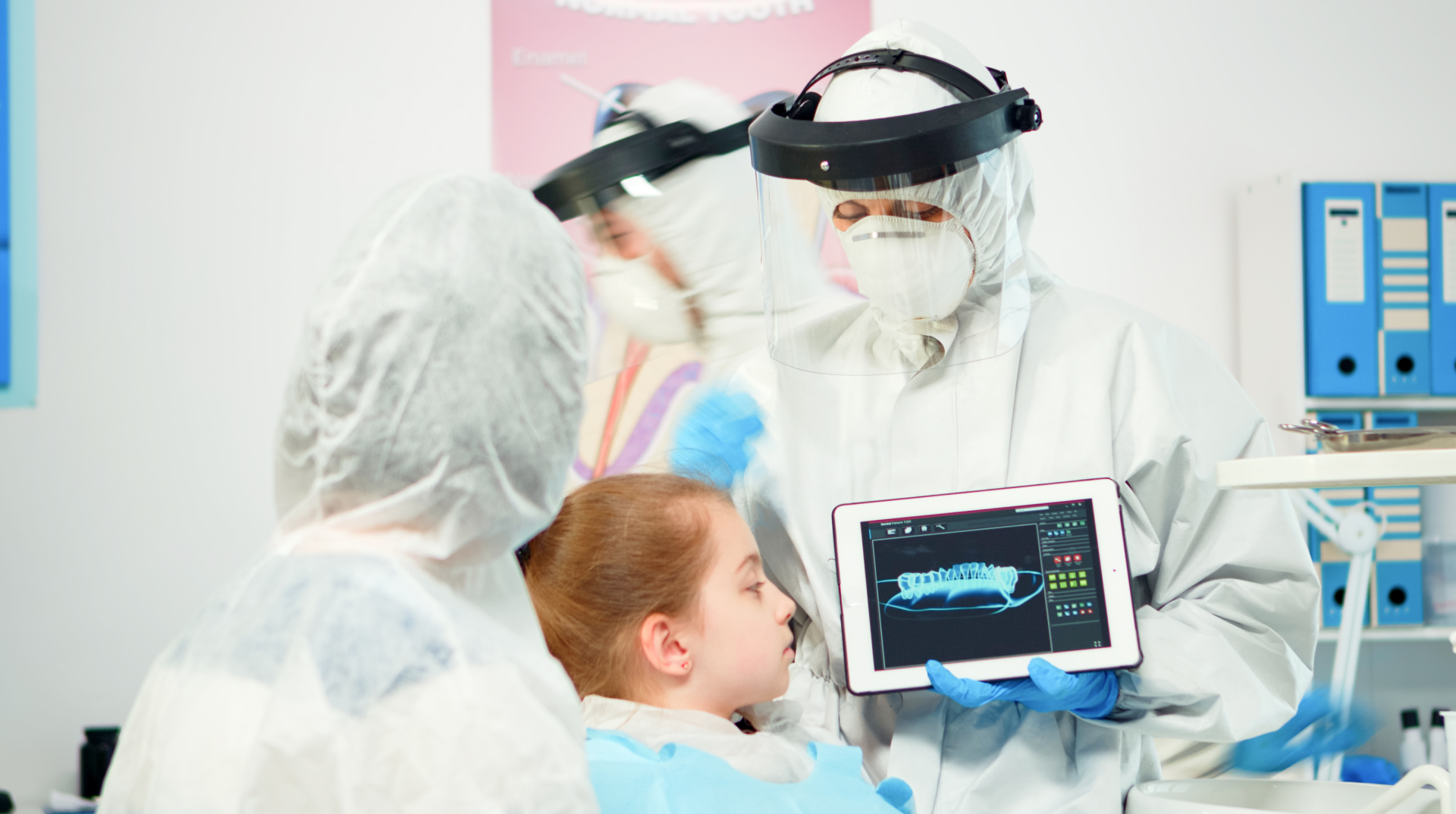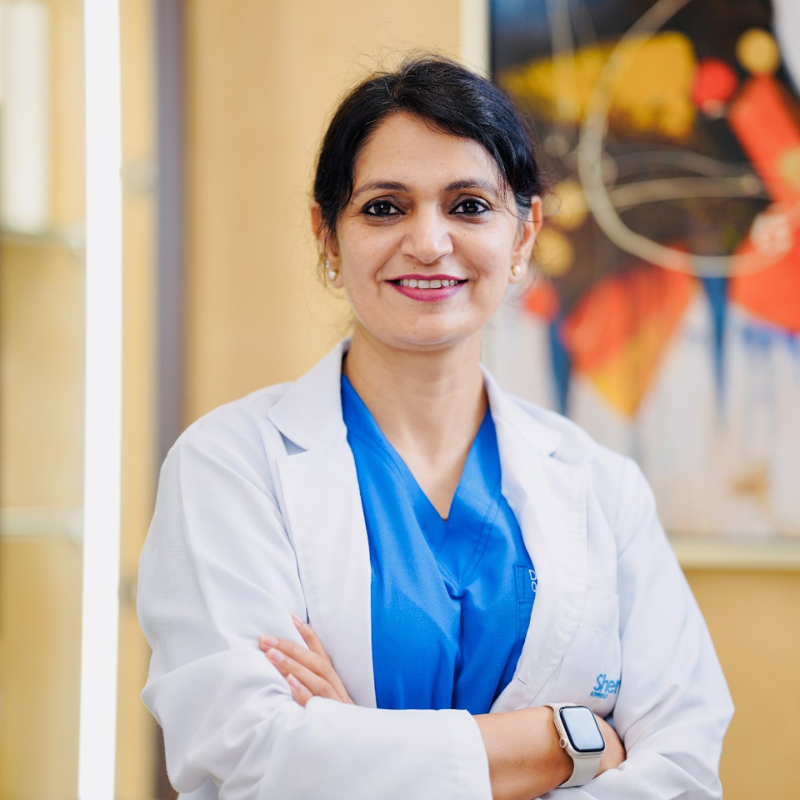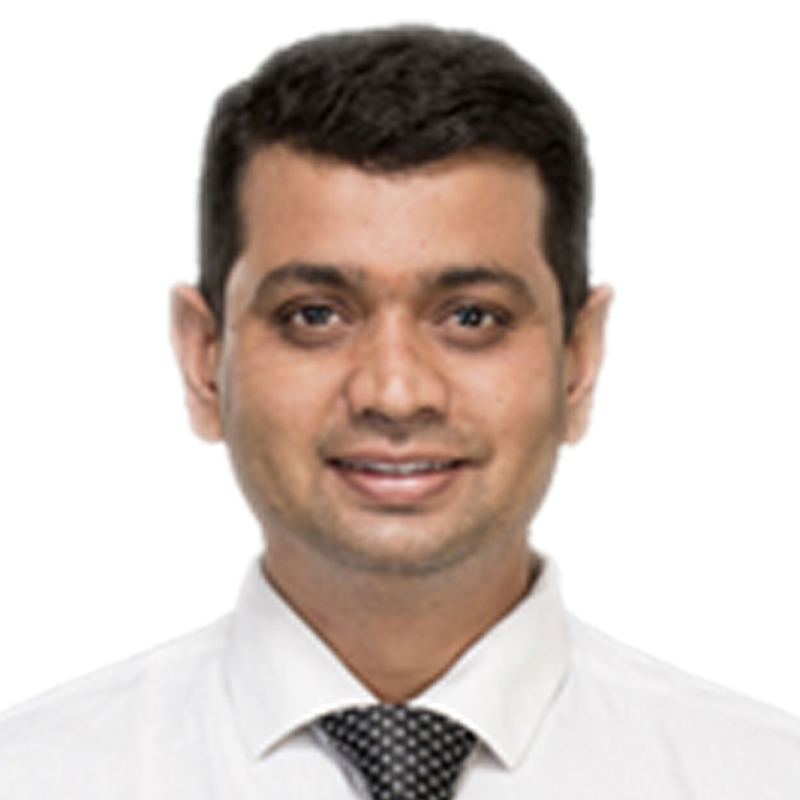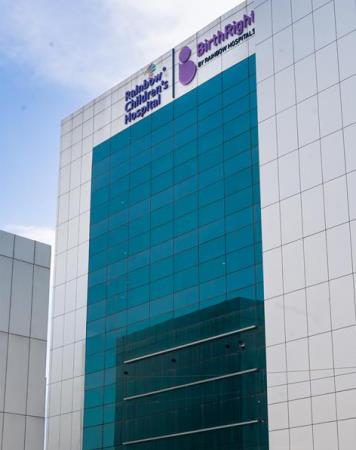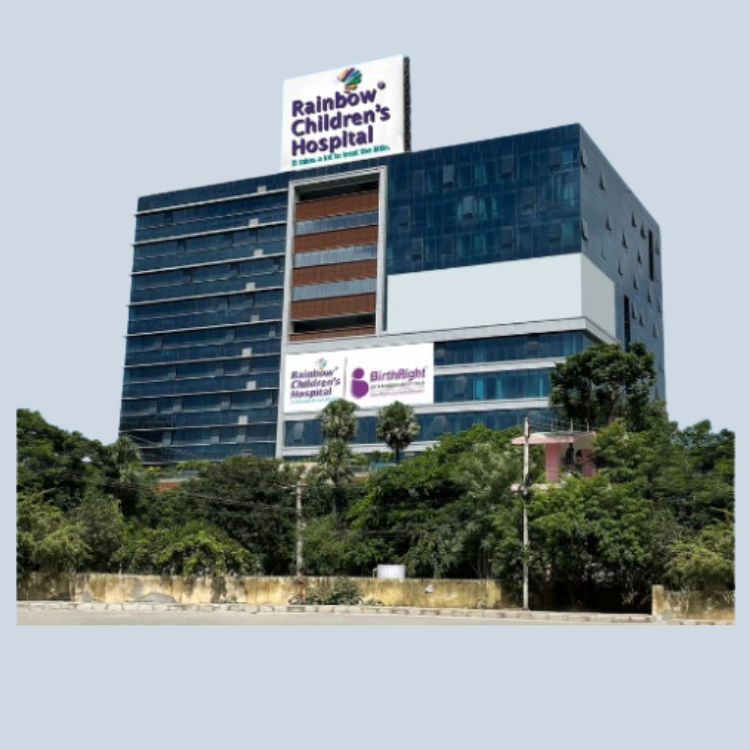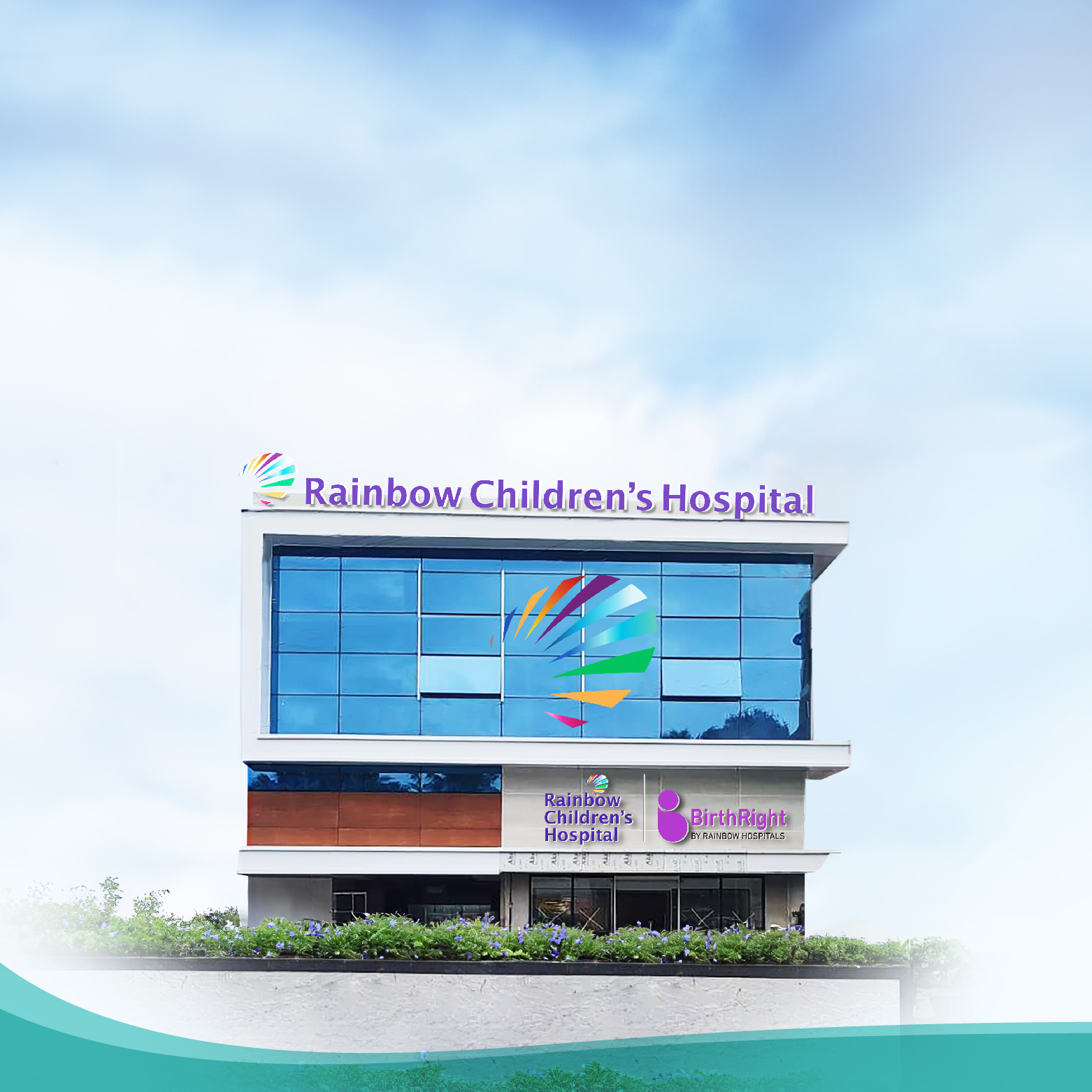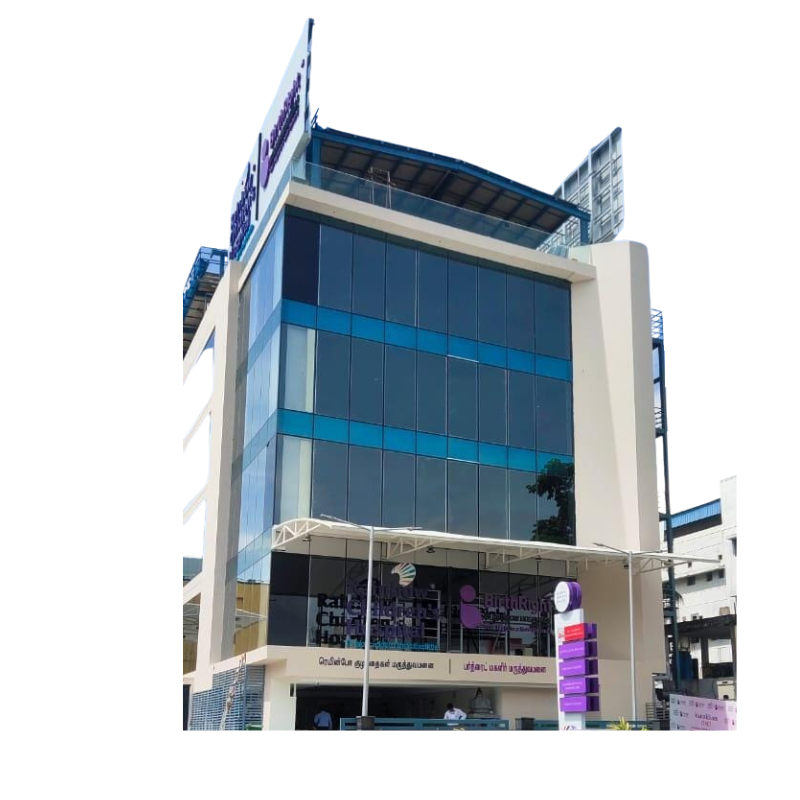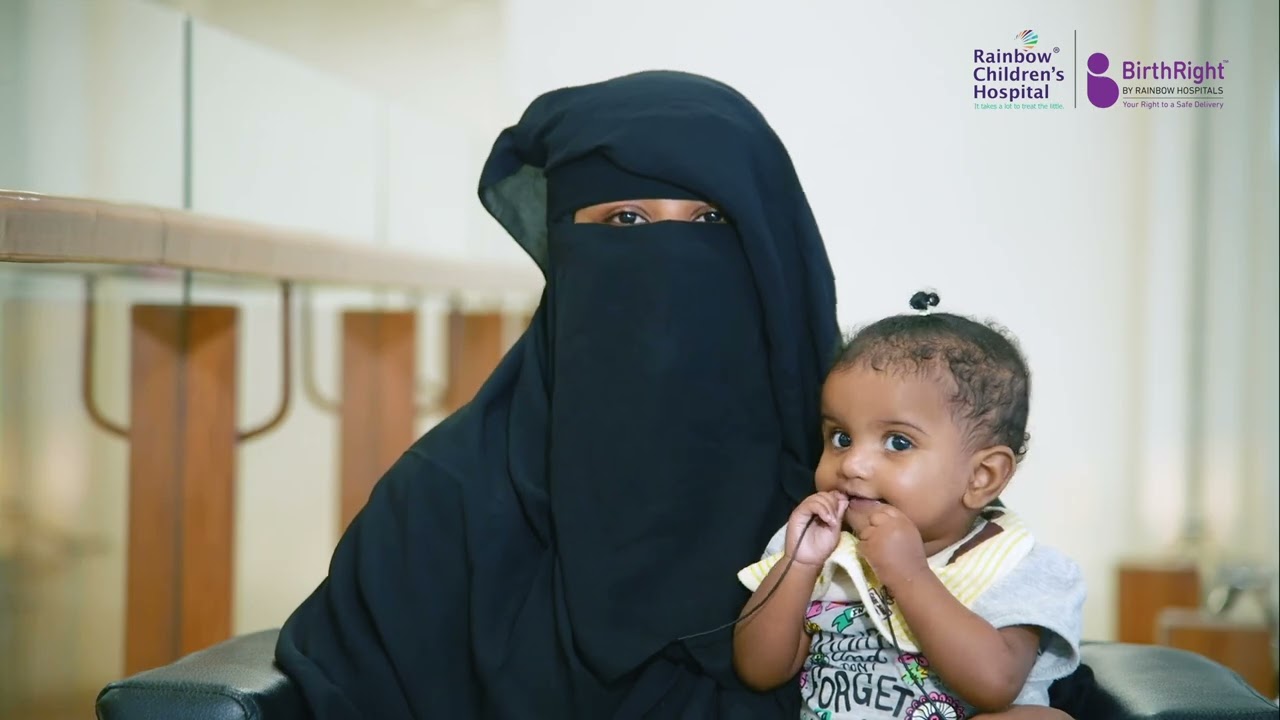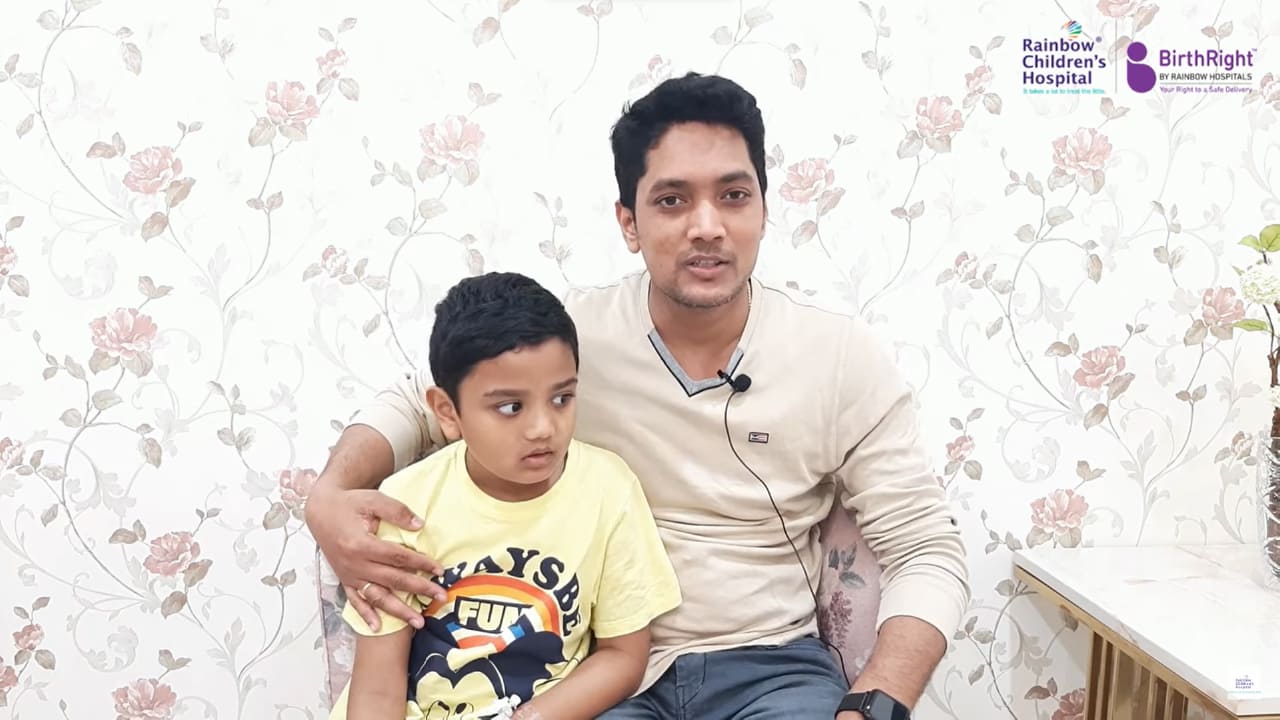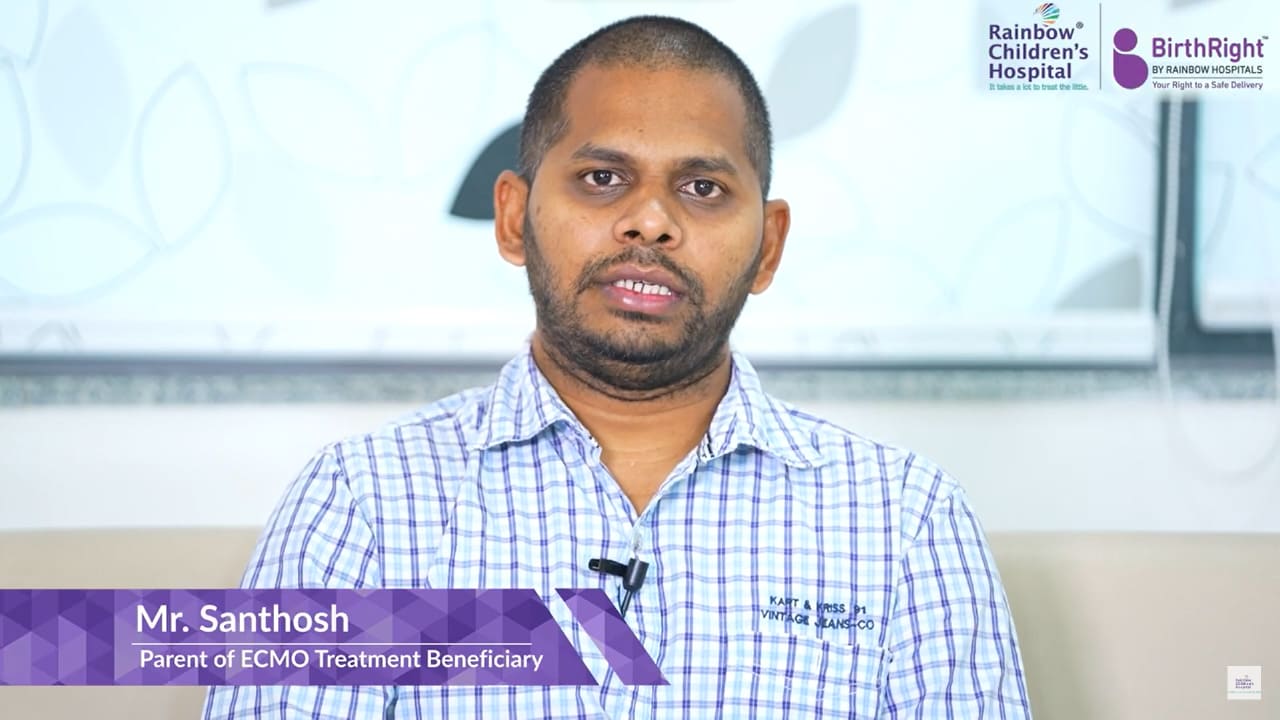Seamless support from diagnosis to post treatment care
CranioMaxillofacial Surgery
Cranio-maxillofacial surgery represents a highly specialized field within Maxillofacial surgery, offered exclusively at Rainbow Hospital. This intricate discipline focuses on addressing a spectrum of facial and cranial deformities, encompassing issues pertaining to the facial structure, lower and upper jaw, chin, and teeth. It serves as a pivotal therapeutic avenue for a wide array of ailments, defects, and injuries affecting the face, head, neck, jaws, as well as the delicate and sturdy tissues within the maxillofacial and oral regions.
Reconstructive and plastic surgeons specializing in cranio-maxillofacial surgery possess profound expertise in the intricate framework of the facial and cranial skeleton, alongside the soft tissues. These skilled professionals persistently enhance surgical techniques essential for rectifying these anomalies. Each cranio-maxillofacial abnormality necessitates a meticulously tailored treatment strategy, with some conditions mandating more extensive surgical interventions than others. At Rainbow Children's Hospital, our approach to cranio-maxillofacial surgery is founded on a multidisciplinary paradigm, uniting a diverse team of experts, including plastic surgeons, craniofacial specialists, psychiatrists, and dermatologists. This collaborative synergy ensures optimal outcomes, both in terms of aesthetics and functionality, exemplifying our commitment to delivering exceptional, patient-centric care of the utmost quality.
Key Highlights:
- Expertise to tackle complexities
- Higher rates of successful outcomes
- State-of- art infrastructure
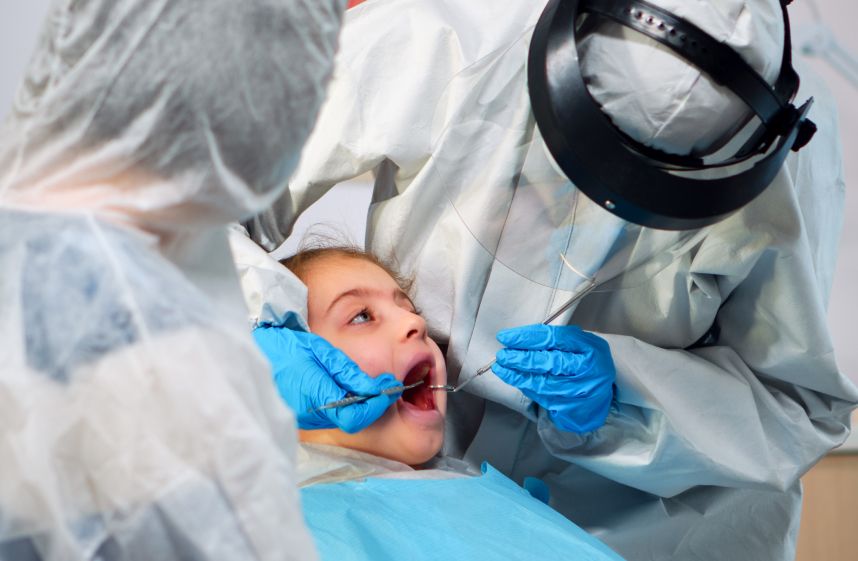
Find a Doctor
Expertise you can trust, Meet our esteemed doctors who bring exceptional knowledge, compassion, and innovation to provide top-notch care for your health and well-being.
Our Hospitals and ClinicsOur Hospitals and Clinics
Rainbow Children's Hospital stands as a testament to the hospital's continual pursuit of excellence and innovation, providing specialized care for women and children.
Request a Call back
Tap to Fill FormRequest a Call back
Blogs
Discover our most recent health articles provided by our reliable experts.
What Are People Saying About Us
Embark on a journey of inspiration and hope with our patient success stories, complemented by informative videos from our dedicated doctors.
Cranio-Maxillofacial anomalies are usually caused because of folic acid deficiency in the mother due to pregnancy, or genetic mutations. Such types of abnormalities do not have any direct correlation with environmental components or drugs, however, factors like these may be contributors for such conditions. Certain facial deformities can interfere with normal functions like eating and speech and language and may cause dental problems and hearing loss. Not to mention, abnormal facial appearances often result in psychological and social issues if not corrected.
Cranio-maxillofacial surgery is a specialty branch of Oral and maxillofacial surgery that deals specifically with the correction of congenital and acquired deformities of the face, head, skull, neck, jaws, and the associated structures.
A Cranio-Maxillofacial surgeon can treat the following conditions:
- Craniosynostosis- Non-syndromic (Metopic, Coronal, Sagittal, Lambdoid, Multi-suture) and syndromic (Apert, Crouzon, Pfeiffer, Muenke, Saethre-Chotzen)
- Facial clefts- Cleft lip, Cleft palate, Cleft lip and palate, Submucous cleft palate and rare facial clefts
- Craniofacial trauma- Facial and skull fractures, injuries
- Vascular anomalies- Haemangiomas, arterial and venous malformations, AV malformations and Lymphangiomas
- Jaw deformities (Orthognathic surgery)- Overbite, Underbite, Crossbite, Small chin, Flat face
- Pediatric Head and neck cancer reconstruction
- Facial palsy
- Snoring and Obstructive sleep apnoea
- Other conditions- Neurofibroma, Encephaloceles, Fibrous dysplasia, Craniofacial microsomia, Romberg's disease, and Dermoid
A multi-disciplinary approach is required for Cranio-Maxillofacial treatment. A team of specialists is involved in treatments, depending on the specific case of Cranio-Maxillofacial abnormality. The team constitutes of the following specialists:
- Craniofacial Surgeon
- Neurosurgeon
- Ophthalmologist
- ENT surgeon
- Dentist & Orthodontist
- Speech pathologist
- Paediatric & Neuro anaesthetist
- Pediatrician
- Neuropsychiatrist
Thanks to the advances made in anaesthetic and Cranio-Maxillofacial practices, it is completely safe to perform craniofacial and cleft surgeries in children. With excellent pediatric ICU Services and organized Neuro Anaesthesia and Paediatric teams, the procedure can be performed without any complications. Such surgeries can be performed in babies as young as 3 months old.
It depends on the particular condition and the type of procedure being performed. Some of the major procedures performed in children include:
- Cleft lip operation is usually done at the age of 4-6 months
- Cleft palate operation is usually performed when the baby is 9-12 months old.
- Alveolar bone grafting to the upper jaw can be performed when the child is 9-10 years old
- Jaw surgeries for correcting the deformities of the jaw is performed at adolescence, i.e, between the age of 14-18 years. Jaw surgery is usually followed by rhinoplasty and touch-up procedures
After the main procedure, some children might need additional procedures such as surgery for correcting speech, dental extractions, and insertion of a ventilation tube to the ears.
Most of the cosmetic procedures are day-care procedures, i.e., they can be performed on an outpatient basis. However, there might be a need to stay overnight in some cases for the patient’s convenience.
Most of the surgeries are performed under general anaesthesia, so you won’t experience any pain. After the procedure, our acute pain service team will help you with any pain you experience.
The recovery time depends on the type of procedure. However, for day-care procedures, there is a short recovery time and you can return to normal activities within a couple of days. Consult with our specialist regarding the recovery time for the specific procedure you undergo.
Quick Links
- Best Pediatric Craniofacial Surgeons In Hyderabad
- Best Pediatric Craniofacial Surgeons In Bangalore
- Best Pediatric Craniofacial Surgeons In Delhi
- Best Pediatric Craniofacial Surgeons In Chennai
- Best Pediatric Craniofacial Surgeons In Vijayawada
- Best Pediatric Craniofacial Surgeons In Vizag
- Best Pediatric Craniofacial Surgeons In Marathahalli
- Best Pediatric Craniofacial Surgeons In Hebbal
- Top Pediatric Craniofacial Surgeons in India
- Pediatric Oral Maxillofacial Surgeon In India
- Best Pediatric Oral Maxillofacial Surgeon In India
- Top Pediatric Oral Maxillofacial Surgeon In India
- Famous Pediatric Oral Maxillofacial Surgeon In India
- Top Pediatric Oral Maxillofacial Surgeon In India
- Famous Pediatric Oral Maxillofacial Surgeon In India
- Best Pediatric Oral Maxillofacial Surgeon In India
- Pediatric Oral Maxillofacial Surgeon In India
- Best Treatment for Orthognathic Surgery in Children, Hyderabad
- Best Treatment for Parry-Romberg Syndrome in Children, Hyderabad
- Best Treatment for Hemifacial Microsomia in Children, Hyderabad
- Best Treatment for Facial Fractures in Children, Hyderabad
- Best Treatment for Facial Harmonization in Children, Hyderabad
- Best Treatment for Orthognathic Surgery in Children, Bengaluru
- Best Treatment for Parry-Romberg Syndrome in Children, Bengaluru
- Best Treatment for Hemifacial Microsomia in Children, Bengaluru
- Best Treatment for Facial Fractures in Children, Bengaluru
- Best Treatment for Facial Harmonization in Children, Bengaluru
- Best Treatment for Orthognathic Surgery in Children, Delhi
- Best Treatment for Parry-Romberg Syndrome in Children, Delhi
- Best Treatment for Hemifacial Microsomia in Children, Delhi
- Best Treatment for Facial Fractures in Children, Delhi
- Facial Harmonization in Children, Delhi
- Orthognathic Surgery in Children, Chennai
- Parry-Romberg Syndrome in Children, Chennai
- Hemifacial Microsomia in Children, Chennai
- Facial Fractures in Children, Chennai
- Best Treatment for Facial Harmonization in Children, Chennai
- Best Treatment for Orthognathic Surgery in Children, Vijayawada
- Best Treatment for Parry-Romberg Syndrome in Children, Vijayawada
- Best Treatment for Hemifacial Microsomia in Children, Vijayawada
- Best Treatment for Facial Fractures in Children, Vijayawada
- Best Treatment for Facial Harmonization in Children, Vijayawada
- Best Treatment For Orthognathic Surgery in Children, Vizag
- Best Treatment For Parry-Romberg Syndrome in Children, Vizag
- Best Treatment For Hemifacial Microsomia in Children, Vizag


